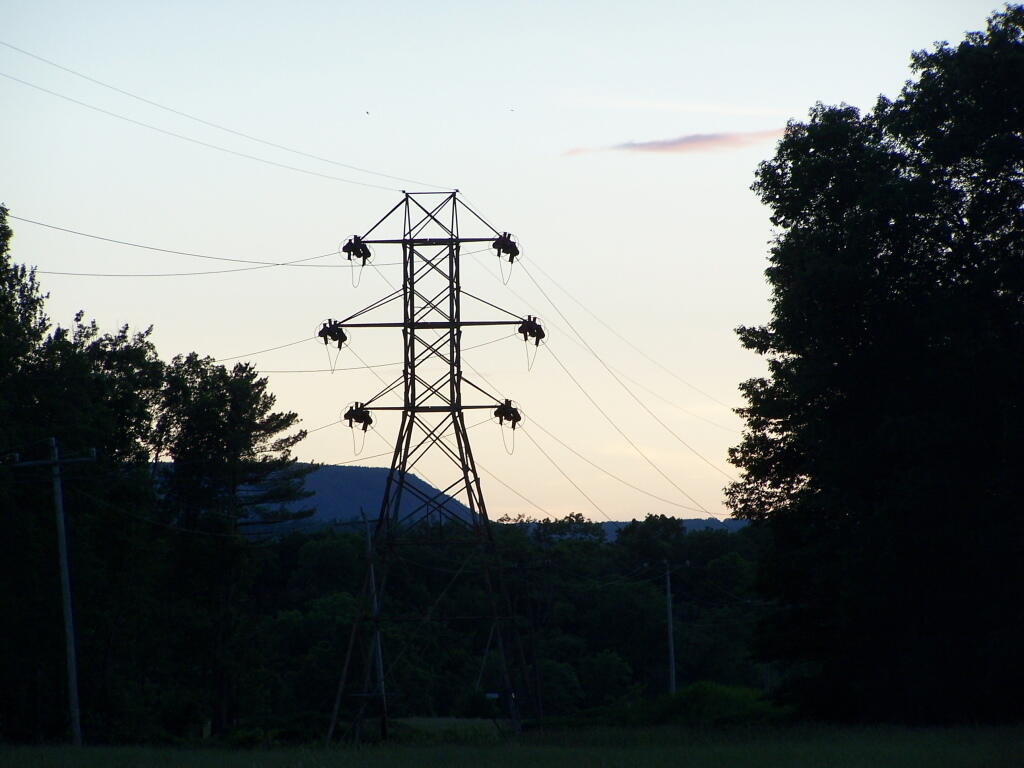Why inverter power can be safer
The big inverter in my truck is rated 800 watts or 6.5 amps which is the same as 6,500 milliamps. It takes roughly 100 miliamps to stop a human heart. Yet, I don’t give much though to my worn electric cords that in some cases have bare wires. Certainly I could get a nasty shock from them but it’s actually fairly unlikely and a fatal shock is quite unlikely. Why not?
While the inverter will stall and go into fault mode, shutting off output upon overload that’s far above the levels needed for a nasty shock. But because the neutral on the inverter is floating – not tied to the ground and is not supposed to be referenced to the frame of the truck if the isolation is proper the shock risk is quite low. Electricity is defined as the difference in electrons between the hot side and the neutral – in alternating current the difference can be either positive or negative.
But for electricity to exist the neutral and the hot must be connected together at the source – either in the battery, the coil of the alternator / generator or the solar panel. No reference between the hot and the neutral and therefore no power exists.
So if I were to touch the hot wire on one of my electrical wires running off the inverter, no power would be transmitted, even though I’m touching the ground as the hot wire on the inverter is not referenced to the ground, it’s simply referenced to the floating neutral. There is no shock potential unless I touch the neutral wire at the same time, and it’s unlikely such a shock would run through both hands or to the ground.
Large electrical systems are referenced to the earth, because the earth has a fairly stable number of electrons across long distances unlike a floating ground. This means the voltage is more stable and also means if a wire touches the ground if it will quickly throw a breaker. If lightening strikes the line, it also will be quickly passed to the ground, avoiding melting many miles of wire. But it also means if you touch a hot wire, you’ll get a very nasty shock if you are touching the ground.

